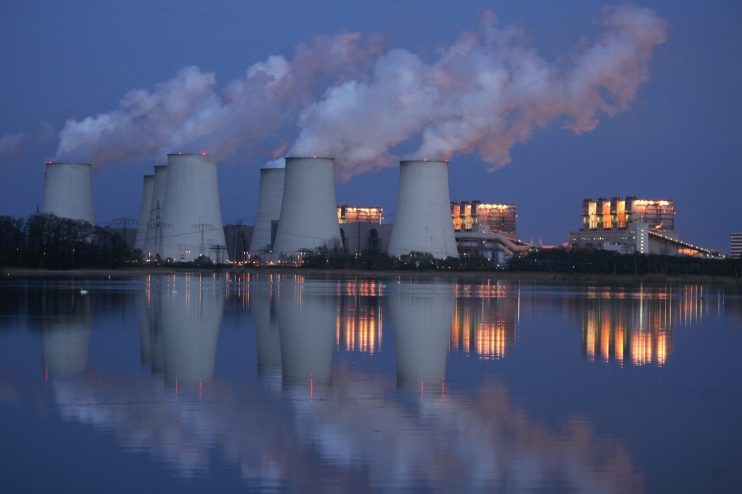EU countries fail to agree energy reforms after coal subsidy clash

European Union countries have failed to agree on planned new rules for the bloc’s power market, after clashing over a proposal to extend subsidies for coal plants under the reform, and a push to expand state aid for other power plants.
EU energy ministers meeting in Luxembourg ended talks without a joint stance on the reforms that seek to avoid a repeat of last year’s energy crisis, when record-high gas prices left consumers with soaring energy bills.
The talks had been complicated by a late proposal by Sweden, which holds the EU’s rotating presidency, to allow countries to prolong capacity mechanism subsidies for coal power plants that pay generators to keep capacity on standby to avoid blackouts.
EU countries’ ambassadors will take up the negotiations, aiming for a deal this month.
Asked about the coal proposal, Swedish Energy Minister Ebba Busch said ensuring Poland, which borders Ukraine, had stable power generation could help it support Ukraine with back-up power.
Poland, which gets around 70% of its power from coal, could prolong its support scheme for coal plants, potentially until 2028, under the proposal.
Countries including Austria, Belgium, Germany and Luxembourg had objected, saying the move would undermine Europe’s goals to fight climate change.
The draft proposal, seen by Reuters, would allow existing capacity mechanisms to temporarily waive a CO2 emissions limit – enabling coal plants to participate – if they fail to attract enough lower-carbon generators, and if the European Commission approved the exemption.
“For some of us, security means capacity markets,” Polish Climate Minister Anna Moskwa said earlier on Monday.
Coal is the most CO2-emitting fossil fuel.
Scientists say its use must plummet this decade if the world is to avoid the most severe impacts of climate change.
Reuters – Kate Abnett, Tassilo Hummel, and Sudip Kar-Gupta
